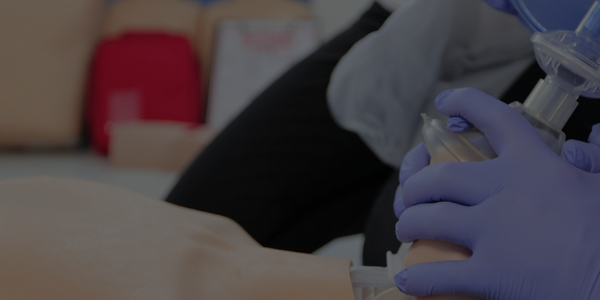The best way to prevent the spread of mosquito-borne diseases is to stay indoors where air conditioning is available or where all windows and doors have screens, or away from high-risk areas.
However, that’s not always possible, especially for those who need to perform work outside of buildings.
These individuals should understand precautions to take to stay safe from disease-carrying mosquitoes. Check out 8 tips below and be a Mosquito-Free Facility.
8 Tips To Have a Mosquito-Free Facility
Employers should follow the below steps in their work environments:
1. Conduct a Risk Assessment.
Before work begins, assess the area for mosquito population. Being able to differentiate between a low-risk zone and a high-risk zone can help managers understand if additional precautions need to be taken to reduce the mosquito population.
2. Eliminate Mosquito Eggs.
Mosquitos often lay their eggs in bushes and in standing water. Managers should hire a mosquito exterminator to spray bushes near the worksite. To eliminate areas of standing water, employers should clean leaves and debris out of building gutters, make sure water doesn’t accumulate at the end of drain pipes and maintain outdoor faucets so they don’t leak. Wet outdoor landscape areas may need to be filled with dirt or other materials if water continually accumulates. Employers can also place larvicidal fish, which eat mosquito eggs, in nearby fountains or bodies of water.
3. Provide employees with Insect Repellent.
Employers should provide outdoor workers with approved insect repellent that lists DEET or other TGA approved actives as a main ingredient. Workers should be encouraged to help each other apply repellent to hard-to-reach places like the back and neck. Remind employees to apply it to their face and hair as well, especially if they wear hats on the job, as sweat attracts bugs. Encourage employees to reapply repellant according to the instructions (usually every 4-6 hours) and remind them to wait for skin to dry before applying clothing. Homemade and non-tested repellent or remedies should be avoided because they often have little to no impact in repelling mosquitos and could potentially attract bugs instead. Employees to must be Mosquito-Free themselves.
4. Advise workers to wear Appropriate Clothing.
Employees should wear long sleeved clothing that covers their hands, arms, legs and other exposed areas of skin. The clothing should be thick enough to prevent mosquito bites, but if this is not possible because of being in warm weather, workers should at least wear lightweight long sleeved clothing that covers skin.
5. Prevent mosquitos from coming indoors.
If workers need fresh air in their work zones, install screens on all windows and doors. Employers should regularly check that screens are free of holes that may allow mosquitoes to enter. Spraying screens with repellant or insecticide can also help reduce mosquitoes getting into the building.
6. Educate employees on Disease Symptoms.
Employers should remind employees to seek medical attention if necessary and provide a list of potential symptoms for various mosquito-borne diseases likely in their area. If the worksite is located in a high-risk zone for a specific disease, workers should see a doctor as soon as symptoms, such as a high fever, appear, rather than waiting to see if the symptoms resolve on their own. Consult a physician for recommendations specific to the area.
7. Schedule workers during certain times of the day.
Some mosquitos only bite during the day, others only at night. Find out which type of mosquitoes are common near the worksite or facility to help schedule workers accordingly.
8. Provide additional Equipment to Keep Mosquitos Away.
If workers need to sleep outside, provide treated mosquito nets. If nets are not treated with mosquito repellant beforehand, employers or workers should spray the nets as soon as they are set up.
Please note that regular First Aid and CPR Training is the best way to make sure that you’re prepare in the case of an emergency. Book a course with us
Find this article useful? Read more of our blogs here!





